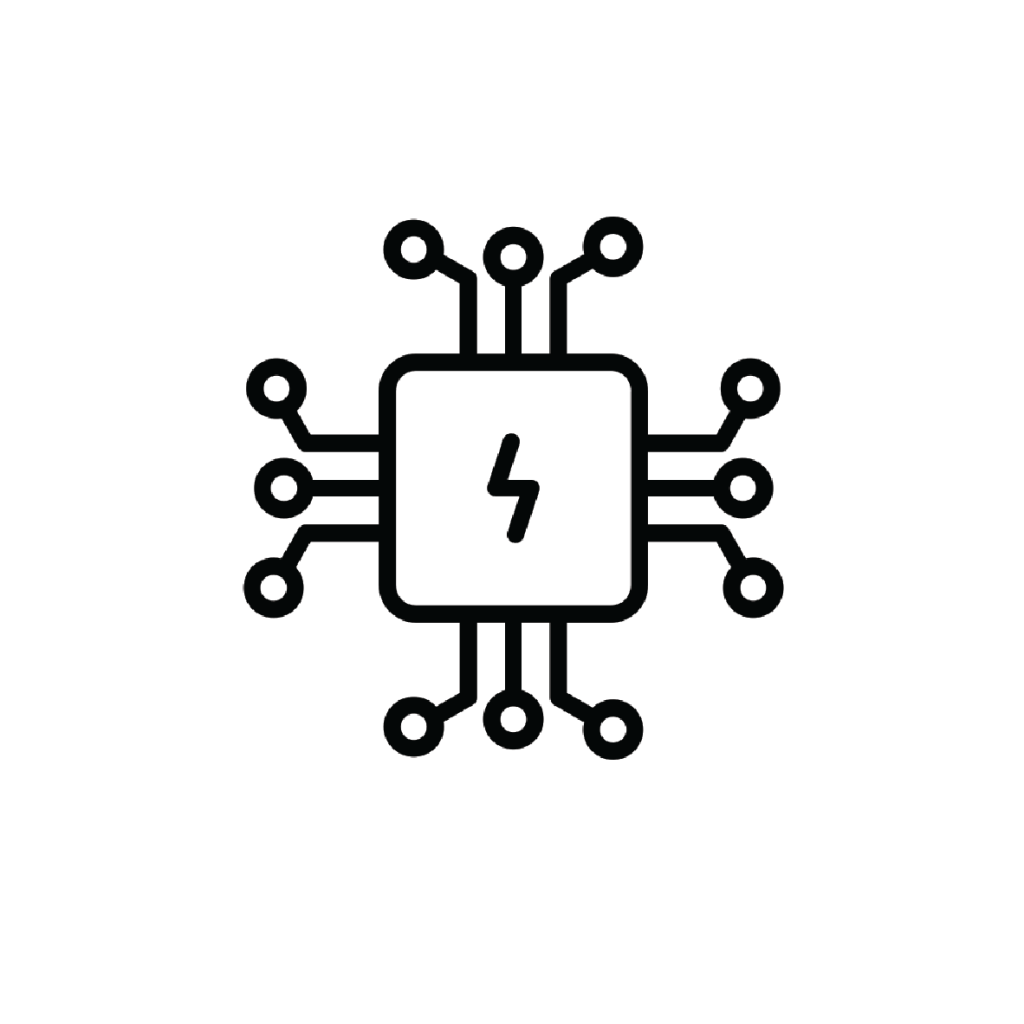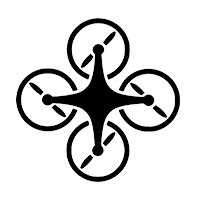Drone Training and certification
We Know The Secret Of Your Success
Drone Training and certification
Drone training in India has gained significant prominence due to the increasing adoption of unmanned aerial vehicles (UAVs) across various industries. Drones, also known as UAVs or quadcopters, have found applications in sectors such as agriculture, filmmaking, construction, surveillance, environmental monitoring, and more. The training programs offered in India aim to equip individuals with the necessary skills and knowledge to operate drones safely, legally, and effectively.

**Introduction to Drone Training in India**
Drone training in India encompasses a range of topics, including flight operations, regulations, maintenance, safety protocols, and specific applications. As the drone industry continues to expand, the need for trained and certified drone pilots has grown, leading to the development of various training programs. These programs cater to individuals with diverse backgrounds and interests, from hobbyists to professionals looking to integrate drones into their work.
**Key Components of Drone Training**
1. **Regulations and Legal Aspects** Understanding the regulations set forth by the Directorate General of Civil Aviation (DGCA) is paramount for any drone operator in India. Training programs provide insights into airspace restrictions, registration procedures, and other legal requirements to ensure compliance.
2. **Flight Operations** Drone training covers fundamental flight principles, including takeoff, landing, hovering, and maneuvering. Trainees learn how to operate drones in different weather conditions and environments.
3. **Navigation and Control** Participants are taught how to use remote controllers, understand telemetry data, and ensure proper communication between the pilot and the drone for precise control.
4. **Safety Protocols** Safety is a top priority in drone operations. Training programs emphasize pre-flight checks, emergency procedures, and risk management to minimize accidents and incidents.
5. **Aerial Photography and Videography** Many training programs cater to enthusiasts and professionals seeking to enhance their photography and videography skills using drones. This includes framing shots, adjusting camera settings, and post-processing techniques.
6. **Maintenance and Troubleshooting ** Trainees learn about drone components, maintenance practices, and troubleshooting common issues. Understanding how to care for the equipment contributes to prolonging its lifespan and ensuring optimal performance.
7. **Specialized Applications ** some drone training programs offer specialized modules tailored to specific industries. For instance, agriculture-focused training might cover crop monitoring and pesticide spraying, while cinematic training could focus on capturing dynamic aerial shots for films and advertisements.
8. **Simulator Training:** Flight simulators provide a risk-free environment for trainees to practice flying and refine their skills before operating an actual drone.
9. **Certification** Depending on the training program, participants might have the opportunity to earn certifications recognized by the DGCA or other relevant authorities. These certifications can bolster job prospects and establish credibility in the field.
Sign up for more information:















